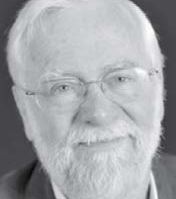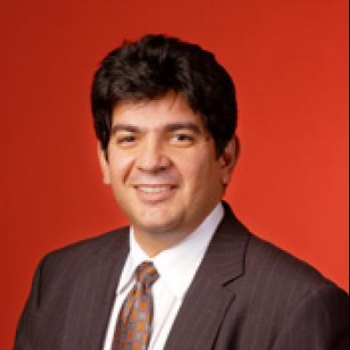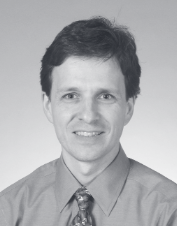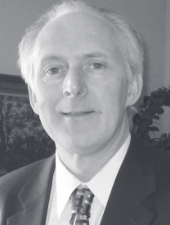Benzodiazepines: Dependence, Tolerance, and Addiction
 Alex Stalcup, MD
Alex Stalcup, MD
Medical director of the New Leaf Treatment Center in Lafayette, CA.
Dr. Stalcup has disclosed that he has no relevant financial or other interests in any commercial companies pertaining to this
educational activity.
 Rafael Pelayo, MD.
Rafael Pelayo, MD.  Daniel Pine, MD
Daniel Pine, MD

 John O’Reardon, MD. Medical Director, Treatment Resistant Depression Clinic
Associate Professor of Psychiatry, University of Pennsylvania School of Medicine
John O’Reardon, MD. Medical Director, Treatment Resistant Depression Clinic
Associate Professor of Psychiatry, University of Pennsylvania School of Medicine
_-The-Breakthrough-Antipsychotic-That-Could-Change-Everything.webp?t=1729528747)



